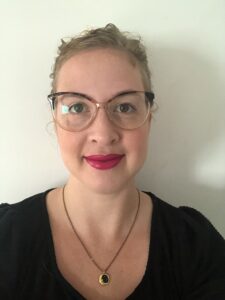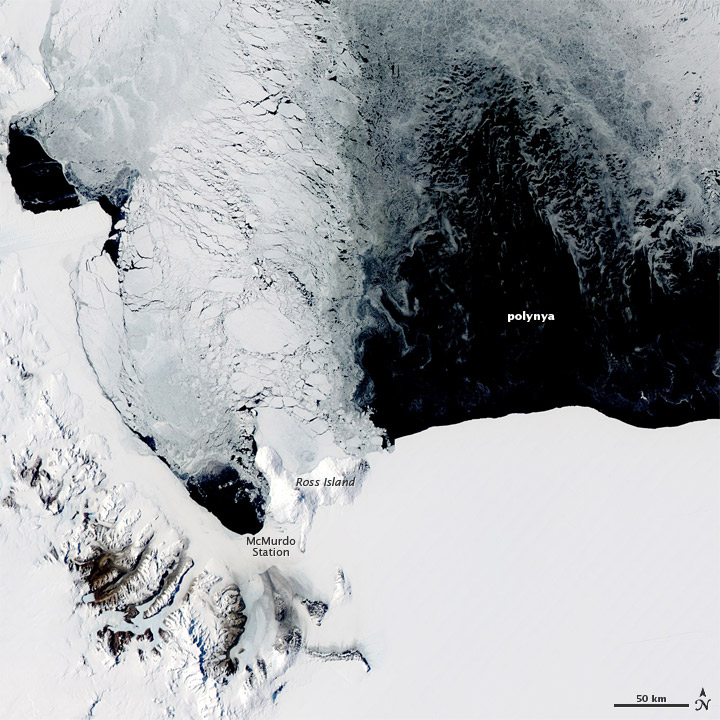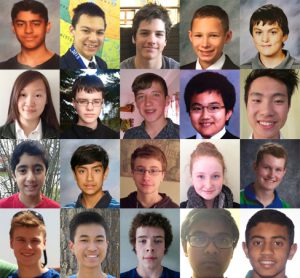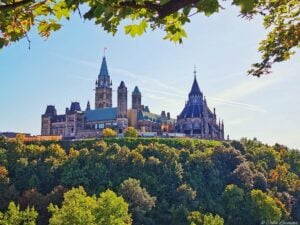
Environment
Why Canada should recognize its citizens’ environmental rights
David Boyd, a Canadian environmental lawyer and UN Special Rapporteur on Human Rights and the Environment, reveals how recognizing the human right to a healthy environment can spur positive action for the planet
- 1444 words
- 6 minutes




